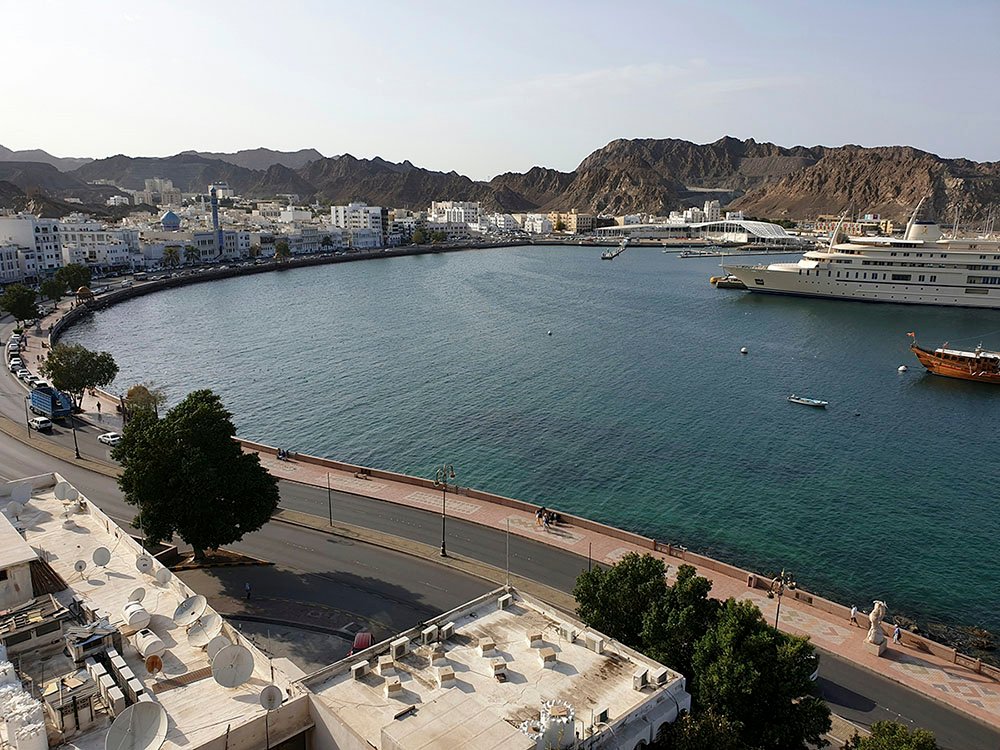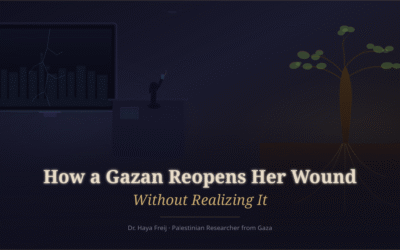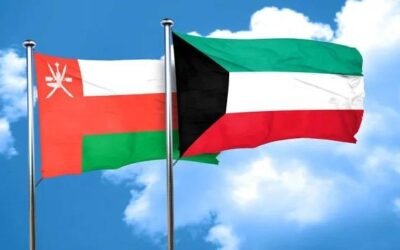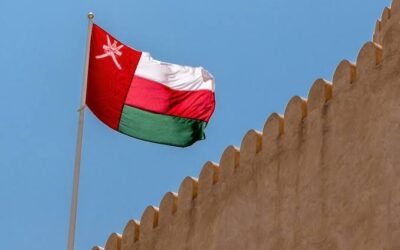Oman 2040 Vision: Paving the Path to Sustainable Growth and Prosperity
The Oman 2040 Vision Implementation Follow-up Unit has published its third annual report, focusing on the actual performance of government entities across various economic and developmental sectors throughout 2023. The report evaluates these entities’ roles in achieving the targets set by the Oman 2040 Vision.
This annual report documents the progress in government actions and their alignment with the objectives of the Oman 2040 Vision. To enhance knowledge transfer and ensure continued support, around 60 offices dedicated to the Oman 2040 Vision have been established across different government entities, facilitating the sharing of expertise and best practices.
Achievements in International Indicators
Oman has made significant strides in various international indicators during 2023 and 2024. The country improved its ranking by 39 places in the Economic Freedom Index, now standing at 56th globally. Oman also achieved 11th place in the Global Entrepreneurship Index, advancing by 27 positions, and ranks 50th in the Environmental Performance Index.
In the education sector, Sultan Qaboos University has seen notable progress, climbing 92 ranks in the global university rankings to reach 362nd place.
Focus on Education, Research, Health, Culture, and Social Welfare
The report emphasizes “education, learning, scientific research, and national capacities.” A quality audit of 65 higher education institutions has been conducted under the institutional accreditation program. Additionally, funding has been allocated for 314 research projects, showcasing a commitment to enhancing the educational landscape and fostering innovation in Oman.
In health, several targets have been met, including leading investment projects for 2024. This includes the establishment of 15 operational factories for pharmaceuticals, medical supplies, and raw materials. Plans to construct and replace 9 hospitals, 14 primary healthcare centers, and 9 dialysis units are also underway.
Efforts in “citizenship, identity, heritage, and national culture” include establishing new museums and developing existing ones. This includes creating a Maritime History Museum, enhancing the Land of Frankincense Museum, modernizing the Sohar Castle Museum, rehabilitating the Omani-French Museum, and restoring 42 historical landmarks.
Advancements in Social Welfare
The “welfare and social protection” priority has seen numerous programs aimed at supporting the economic and social empowerment of families. Initiatives such as “Maksab” and “Jood,” along with the establishment of a comprehensive database for productive families, which includes 1,700 families, aim to enhance livelihoods across Oman.
Enhancing Leadership and Economic Management
Efforts in “leadership and economic management” focus on strengthening leadership and administrative capabilities to achieve sustainable economic growth and contribute to the development of institutional work in the state.
Economic Diversification and Financial Sustainability
Efforts in “economic diversification and financial sustainability” have reduced the public debt-to-GDP ratio to 35% by mid-2024. The country achieved a budget surplus of 2.7% and 2.2% in 2022 and 2023, respectively. There has also been an improvement in government spending efficiency and an enhancement of Oman’s credit rating, reflecting a commitment to economic resilience and sustainability.
Private Sector, Investment, and International Cooperation
Efforts in “private sector, investment, and international cooperation” focus on enhancing the investment environment. More than 1,700 economic activities are now open for 100% ownership, along with various government incentives for small and medium enterprises to stimulate economic growth and attract foreign investment.
Environmental Protection and Natural Resources
In “environment and natural resources,” significant progress has been made. Several decrees have been issued to enhance the environmental sector, increasing the number of nature reserves to 30 and expanding air quality monitoring stations to 49. The number of operational factories in the recycling sector has also risen to 67, reflecting a commitment to sustainability and environmental stewardship.
Conclusion
The third annual report from the Oman 2040 Vision Implementation Unit highlights the progress made and underscores ongoing efforts to align government actions with national goals. With strong emphasis on education, research, health, cultural heritage, social welfare, leadership, economic sustainability, private sector development, and environmental protection, Oman is on track to achieve the ambitious targets set forth in its 2040 vision.




